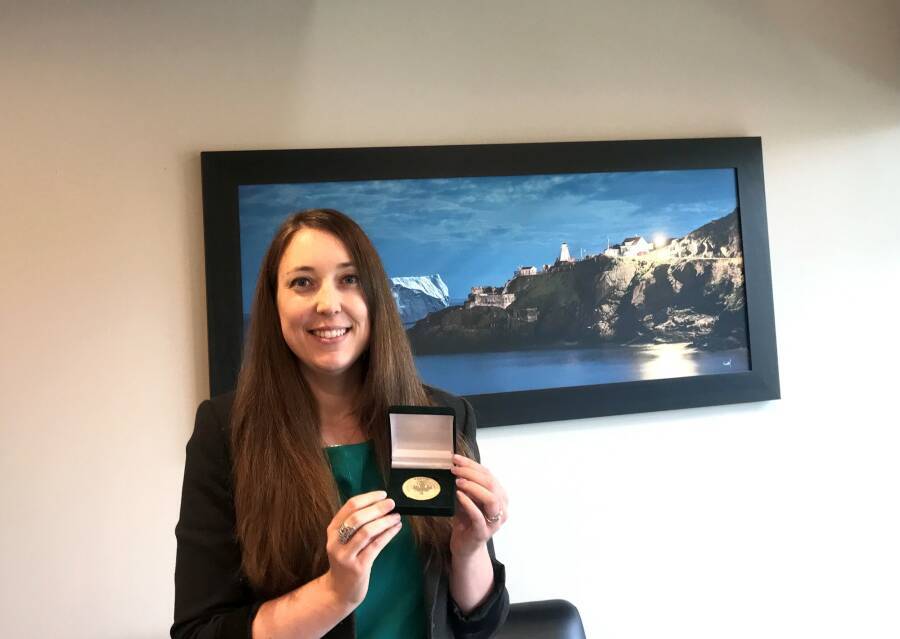
Shelley Handrigan
In early 2021 my younger brother was put on the transplant list due to his failing liver. My younger cousin had been a kidney transplant recipient several years ago, so the concept of being a living donor wasn’t completely foreign to me. Back then, my uncle (her father) was luckily a good candidate and successfully donated his kidney.
In some ways the decision to donate a portion of my liver was easy for me. I knew that it would have a substantial impact on my brother’s chances of survival and improvement, and that the long-term impact to me would very likely be minimal. However, due to my career and personal circumstances, it was still a major life decision. And although my brother’s need was no fault of his own, I knew he would never ask me to donate and would likely feel guilty in receiving it. I knew his worry for me would be a weight that he would carry on top of his health issues. Luckily for both he and I, we had an outpouring of support from our families, friends and employers – all of which worked to reduce that weight. And luckily for us, I was a good candidate and we had our surgery in 2021.
I will always be grateful and in awe of the team at Toronto General: our surgeons, nursing staff, the lab techs and assistants, our nurse co-ordinators, and many others contributed to the success of the transplant. There were so many steps and moving parts to keep me and my brother safe, to give the surgeries the best chance of success and provide us with the smoothest recovery possible. Somehow, they came together and pulled it off – and during a pandemic no less.
The statistics are grim. My brother survived, but as of December 31, 2021, a total of 4,043 Canadians were on wait-lists to receive a transplant. In 2021, a total of 652 Canadians were removed from the organ transplant wait-list. Of these, 38% died while waiting.
I am so grateful to everyone who assisted us along the way towards surgery. In some cases, it was financial. In other cases, people loaned us items for our trip to Toronto or cooked for us, and many provided us with kind words and much needed ‘positive vibes’. I’m also very grateful to the Partners at Rogers Rogers Moyse. When I told them of my plan to donate, not only did they tell me to take as much time as I needed to recover from surgery, but they also didn’t hesitate to keep me at full salary while I was on leave. This was a generous gift, and made the process so much easier for me.
There are many barriers to living donation – physical compatibility is only one of them. Many must travel great distances and at significant cost. Many have work or family commitments. One thing I have learned through this process is the importance of community support. Without it, the barriers may have been too great. There is a great need for living organ donation and as a community there is a lot we can do to help, including helping those going through a difficult health crisis to find the answers and the resources they need.
If you want more information about living donation and the supportive programs available check out the online Research Library through the Ajmera Transplant Centre (https://www.uhn.ca/Transplant/Living_Donor_Program/Resource_Library/Pages/resource_library.aspx)
And to everyone – thank you – you saved my brother’s life.





